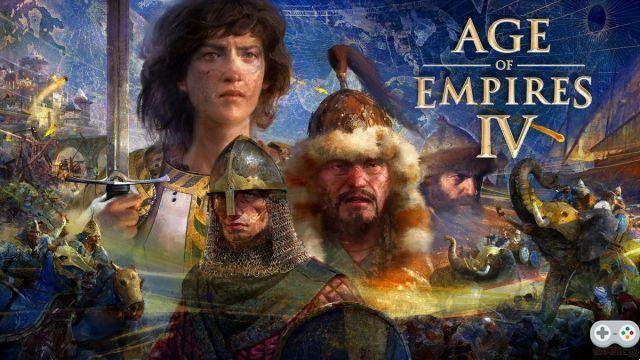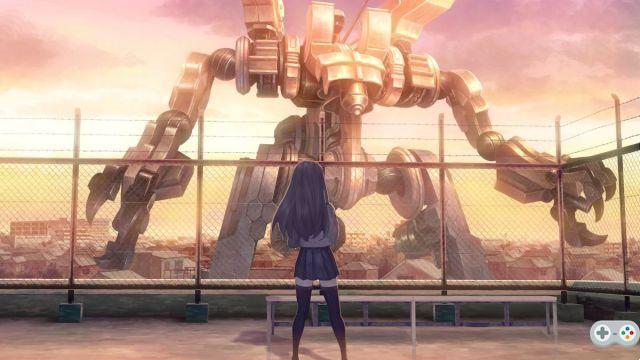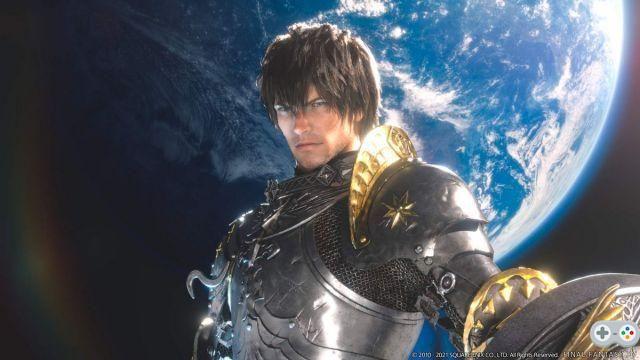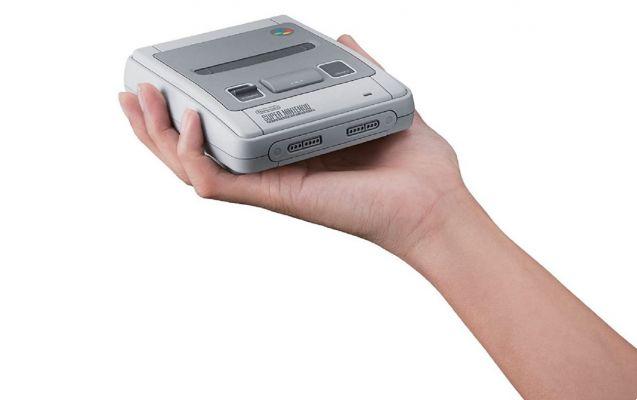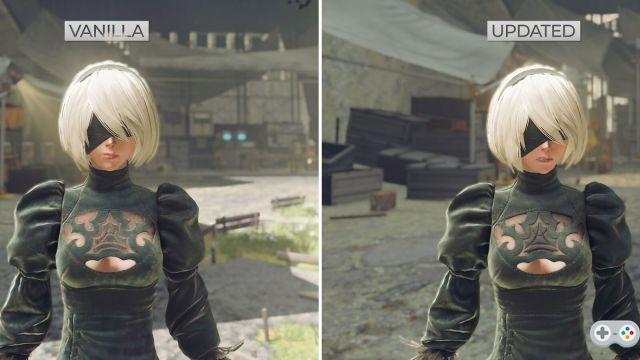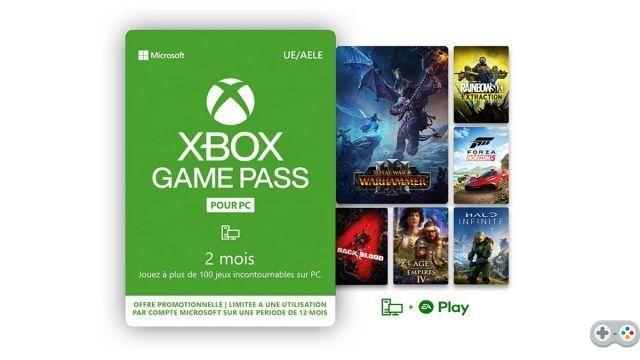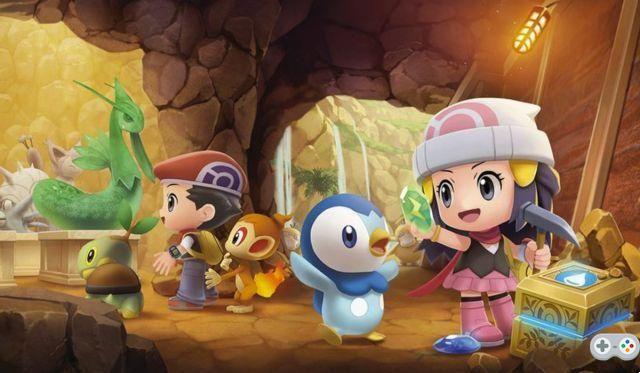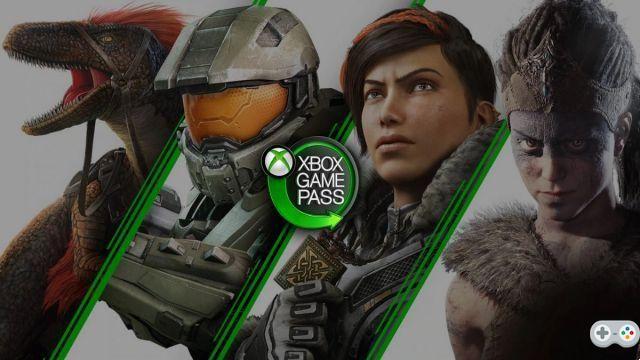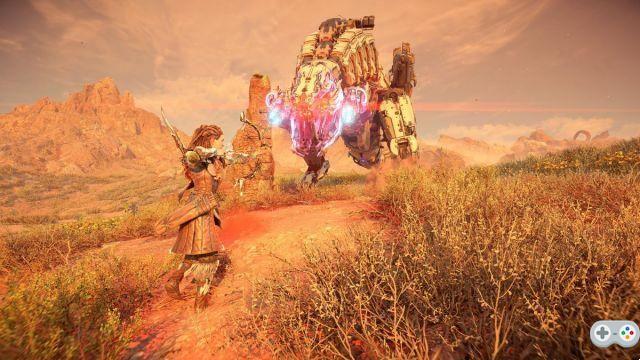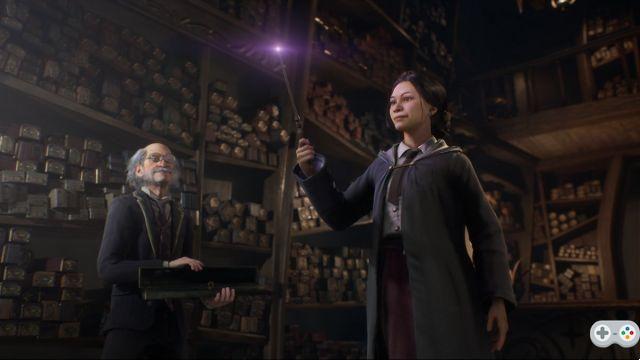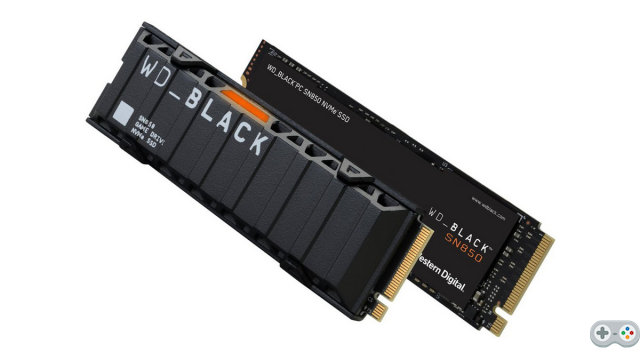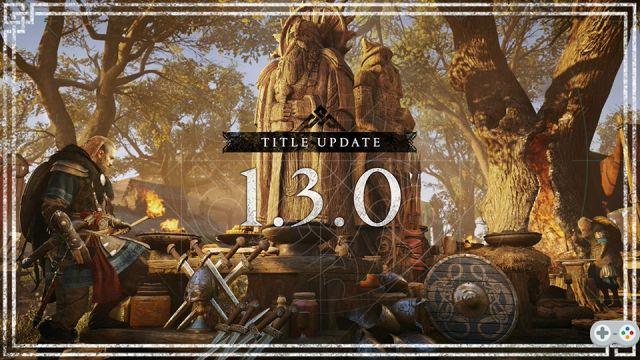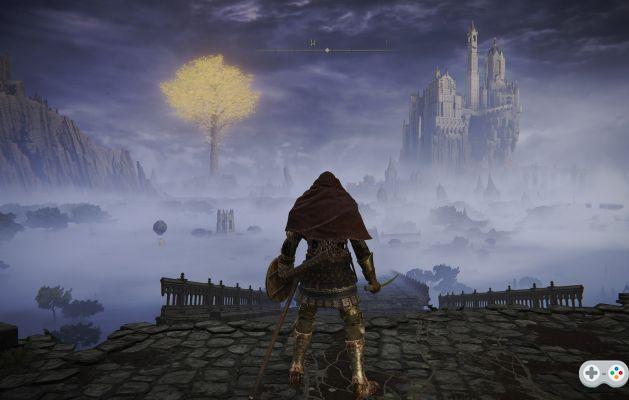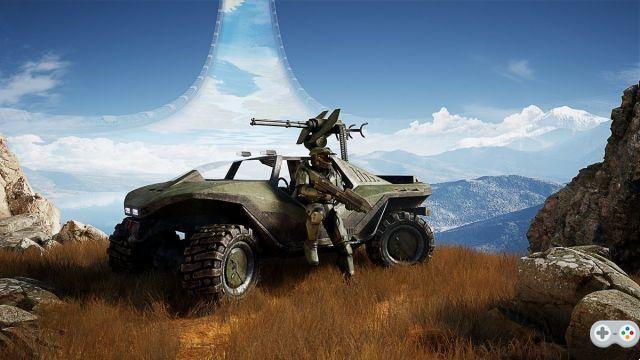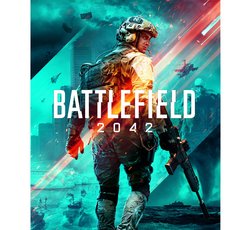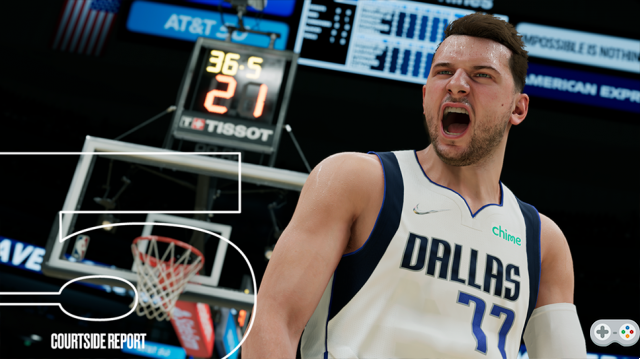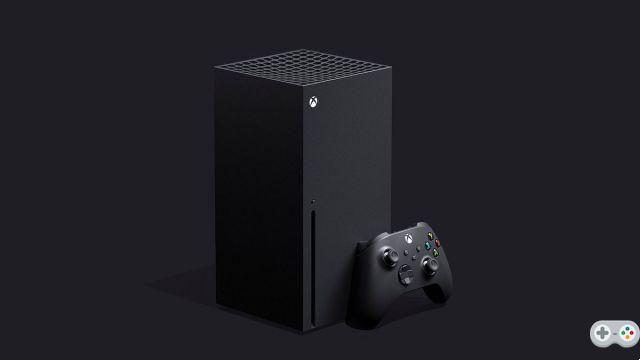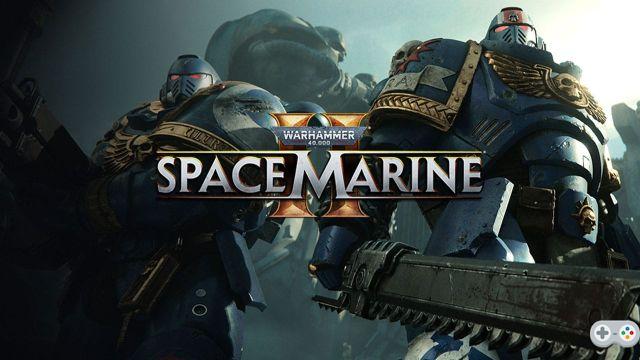
The American Anti-Defamation League (ADL) has just released the conclusions of its annual report studying social relations in online video games. And for the first time, this document includes feedback from more than 500 teenagers aged 13 to 17.
An annual survey, which focuses on both the positive and negative aspects of online gaming, but whose conclusions paint a very bleak portrait of our medium, and in particular of some of its communities.
Read also:
Activision Blizzard employees are filing a lawsuit against the company again
All players, all harassed
Based on the testimony of a representative sample of 2 gamers residing in the United States, the ADL's report is alarming. "For the third year in a row, ADL's survey found that harassment experienced by adult gamers has increased and remains at alarming levels, while the new teen experience study also raises significant concerns," can you read there.
Thus, over the last six months, 83% of adult gamers (18-45 years old) say they have experienced harassment while playing an online video game. A situation that also concerns three teenagers aged 13 to 17 out of five, or 60% (about 14 million people).
Among them, 29% say they have been insulted while playing, and 17% report having been followed over multiple gaming sessions by their stalker(s). Result: 25% of teenage gamers say they hide their true identity when they play online. 42% of them do it on an ad hoc basis.

Among the games selected by the ADL, Valorant represents the largest platform for hateful behavior. 89% of players say they had a bad experience there. Riot's FPS is followed by Call of Duty (85%) and DOTA 2 (84%).
For most adult gamers (71%) this takes the form of insults, physical threats, occasional or continuous harassment, for example by being the target of off-game threats, such as on social networks. A figure up 3% compared to the report dated 2020, and 6% compared to that of 2019.

8% of adults and 10% of teenagers say they have been exposed to online game conversations about white supremacist ideology, and 7% of adults to Holocaust denial allegations.
Largest increase in bullying cases among adults are female gamers (49% vs. 41% last year), Black or Afro-descendant gamers (42% vs. 31% in 2020) and Asian American (38% vs. 26% in 2020). Players who identify with the LGBTQIA+ community are also 38% to have been victims of harassment (+1 point compared to last year).

Online gaming also a vector of good experiences
Far from casting opprobrium on a medium that already does not have good press, the ADL reports at the same time that 99% of respondents say they have been confronted with positive behavior during an online game.
Teenagers, in this case, are the majority to say that online video games have helped them learn about themselves, make friends and integrate into communities. Among the titles most popular with respondents, World of Warcraft, Rocket League, Roblox and Fortnite are the most popular. For adults, it's more Madden NFL, Call of Duty and DOTA 2.

JVFR
#ADayOffTwitch: platform attendance down sharply following Wednesday's strike
Cyberbullying, everyone's business
Hateful behavior on the Internet is far from limited to online games. A few weeks ago, hundreds of thousands of streamers went on strike to protest Twitch's inaction to combat hate raids, and its widespread inaction on moderation.
Fighting these behaviors is the responsibility of the platforms, believes the ADL, but also of the video game industry, civil society, governments and everyone on a daily basis. A subject of society, which it would be wrong to drag under the rug by invoking that "it has always existed".
Among the measures proposed by the organization, we retain a recommendation to parents to activate, when possible, parental control options. The US gaming ratings body, the ESRB (equivalent to our PEGI), is being asked to include a “toxicity and extremism” metric for the gaming community it studies.
"Toxic games can be influenced by the toxic culture of the companies [which create them, editor's note]", also notes the ADL in its conclusions. A reference to the countless cases of sexual harassment, discrimination and wage differentials that have splashed Riot, Ubisoft or Activision-Blizzard in recent months, to name but a few.




